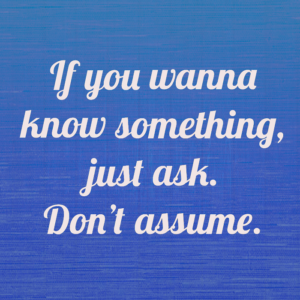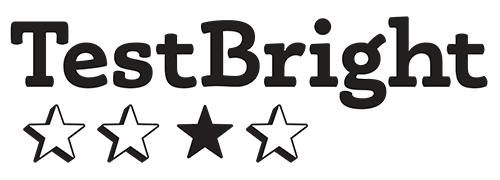 As teachers, we should focus entirely or at least mostly on teaching, which is to say creating learning. But how do we know if our students really are learning?
As teachers, we should focus entirely or at least mostly on teaching, which is to say creating learning. But how do we know if our students really are learning?
Fortunately, we educators have all manner of assessment tools at our disposal, both criterion-referenced and norm-referenced. A well-designed battery of quizzes, tests, papers, and bigger tests measures signs of learning like knowledge acquisition and retention along with schema development and skill mastery. However, tests can’t tell us the thing we should be measuring as often as possible: whether students actually found a lesson helpful.
The world is full of students struggling to learn in spite of some criminally ineffective educators who often do more harm than good to student interest and understanding. Guaranteed, if you’re in touch with your local school scene from kindergarten to post-graduate studies, you’ve heard of at least one notoriously terrible teacher or even department. These educational incompetents delay progress, blunt enthusiasm, and derail otherwise promising academic careers. Good thing you’re not ineffective, right?
But how do you know?
Most teachers rely solely on assessments to evaluate effectiveness, ironic in a world with so much hatred of tests. But evidence that a student learned something is not the same as evidence that you, the teacher, taught that student something. Nor can you consider the apparent expression of understanding or continued attendance as evidence that you, the teacher, taught that student something. In fact, the only way to really gauge both understanding from and appreciation of your efforts is to ask.
As someone whose business model depends on students feeling like their time is well-spent, I can’t afford to hide from the answer to the question, “Did you find this helpful?” In fact, I try to ask this at the end of every lesson. If I’m unsure of the sincerity of the response, the follow-up may inquire about what specific parts of the lesson were most useful, but the initial query usually does the job.
Both parties benefit from this inquiry. The educator learns whether and to what extent a pupil appreciated the lesson. But, just as important, the student learns that someone cares about their time, effort, and outcomes. Teaching is a service business, so a little customer service goes a very long way.
Educators, as you undoubtedly hear all the time, change lives. Unfortunately, that change isn’t always positive. Make sure that your students aren’t just learning but actually learning from you. Acquiring that critical feedback can be easier than you’d think: just ask.
So, did you find this helpful? 😉
— Mike Bergin
Tutor Tips, Tools, and Thoughts
5 Whys (Root Cause Analysis): Method & Examples
How often do you employ this useful technique with your students?
Why the 100-Point Grading Scale Is a Stacked Deck
This interesting historical perspective seems surprisingly oblivious to grade inflation.
At long last, E.D. Hirsch, Jr. gets his due: New research shows big benefits from Core Knowledge
Reading comprehension is not a transferable skill that can be learned, practiced, and mastered in the absence of “domain” or topic knowledge.
How do you evaluate the effectiveness and impact of gradual release of responsibility on student learning?
How much do you know about gradual release of responsibility?
Why Strategy is the Real Growth Hack
Does growth hacking even have a place in discussions about education?
Did you enjoy this issue of Tutor: The Newsletter? Get the next issue right in your inbox by subscribing below–only subscribers get the Tutor Classifieds:
